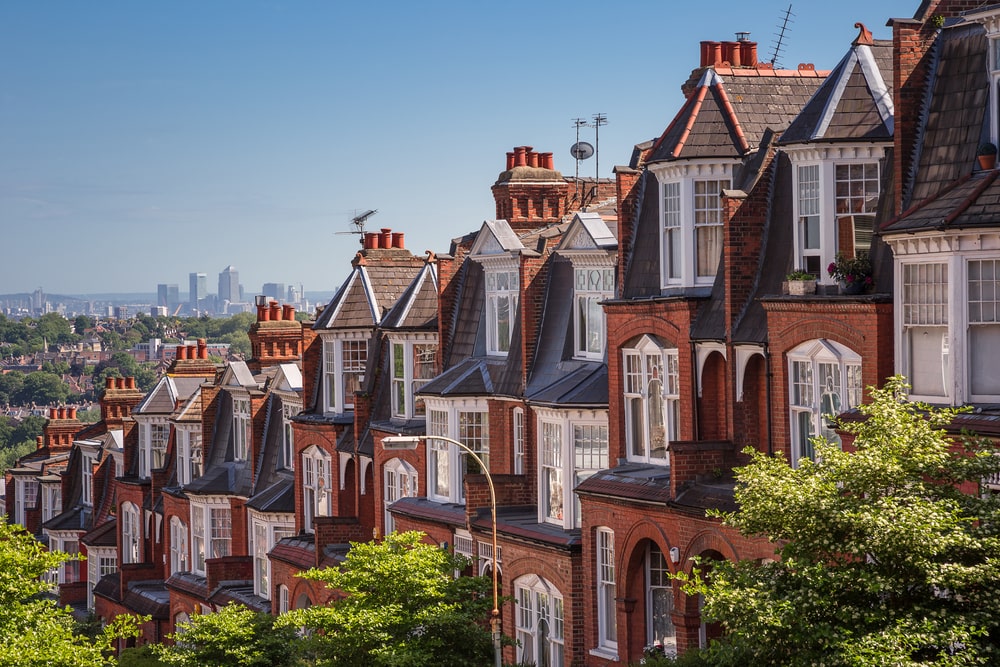
Campaigners have been left disappointed that the UK’s revamped net zero strategy, “Powering-up Britain”, does not contain plans to retrofit UK homes.
Measures such as installing insulation and replacing gas boilers with heat pumps have been described as “silver bullet” solutions for decarbonising the UK’s residential building sector, which accounts for around 15 per cent of the country’s emissions, and reducing sky-high energy bills. However, most of the retrofitting policies announced last week as part of the UK’s “green day”, have been criticised as a repackaging of existing policies.
This includes the launch of the government’s Great British insulation scheme – a rebranding of the UK’s Eco Plus scheme, which aims to deliver improvements to 300,000 of the UK’s least-efficient homes by March 2026 – as well as re-announcements on the future homes standard, green home finance accelerator, home upgrade grant and social housing decarbonisation schemes.
[See also: Labour’s target of net zero by 2030 is impossible without planning reform]
The climate think tank E3G accused the government of “kicking the can down the road” on a number of overdue policy consultations on insulation. For example, Thursday’s announcements (6 April) include delaying the publication of results on a consultation on tightening minimum energy efficiency standards for the private rental sector – undertaken two and a half years ago – until later this year. Juliet Phillips, E3G’s senior policy adviser, called this a “major oversight” given that one in four privately rented households are currently living in fuel poverty.
The policy package is far from supplying the billions of pounds thought necessary to retrofit the UK, thereby helping meet its carbon targets.
In early March, a coalition of campaigners wrote to Chancellor Jeremy Hunt, asking that the spring Budget include an upfront commitment of £5.3bn on insulation and £3.4bn on heat pumps to help decarbonise UK homes. These figures came from recent analysis from E3G, which found that a third (£2.1bn) of the £6.6bn that the Conservatives pledged to spend this parliament on energy efficiency and decarbonising heating in public sector buildings and homes remains unspent.
[See also: Labour’s target of net zero by 2030 is impossible without planning reform]
However, this week's announcements on decarbonising heat were received more promisingly. Heat pumps emerged as a “clear winner” from what was otherwise a “mixed bag” of green homes policies, said Phillips. “Welcome progress” on heat pumps includes a 2028 extension to the boiler upgrade scheme, which offers households £5,000 grants to replace gas boilers with heat pumps, as well as measures to reduce the running costs of electricity, and policies to boost supply chains.
According to a report from the National Infrastructure Commission published just ahead of Green Day last week, the lack of a “robust plan to deliver the heat transition” and “insufficient” funding put the government way off track to hit its target of 600,000 heat pump installations a year by 2028.
Even with these new promises, though, industry experts remain doubtful about whether the government is on track to meet its targets.
Martha Dillon, housing policy lead at the not-for-profit organisation Positive Money, told the Spotlight that the government’s failure to deliver “a serious plan to decarbonise our buildings, stimulate a wealth of new retrofit jobs and skills, and signal new financial strategies to upgrade our homes” demonstrates that Rishi Sunak “still hasn’t picked up [the ball]” on home retrofits that “David Cameron dropped”.
According to a March analysis from Carbon Brief, the UK’s net gas imports could have been reduced by 23 per cent, saving £9.8bn in UK energy bills, had the “green crap” not been cut – alluding to a comment made by Cameron in 2013.
[See also: Why are London’s housing estates choosing to be demolished?]





